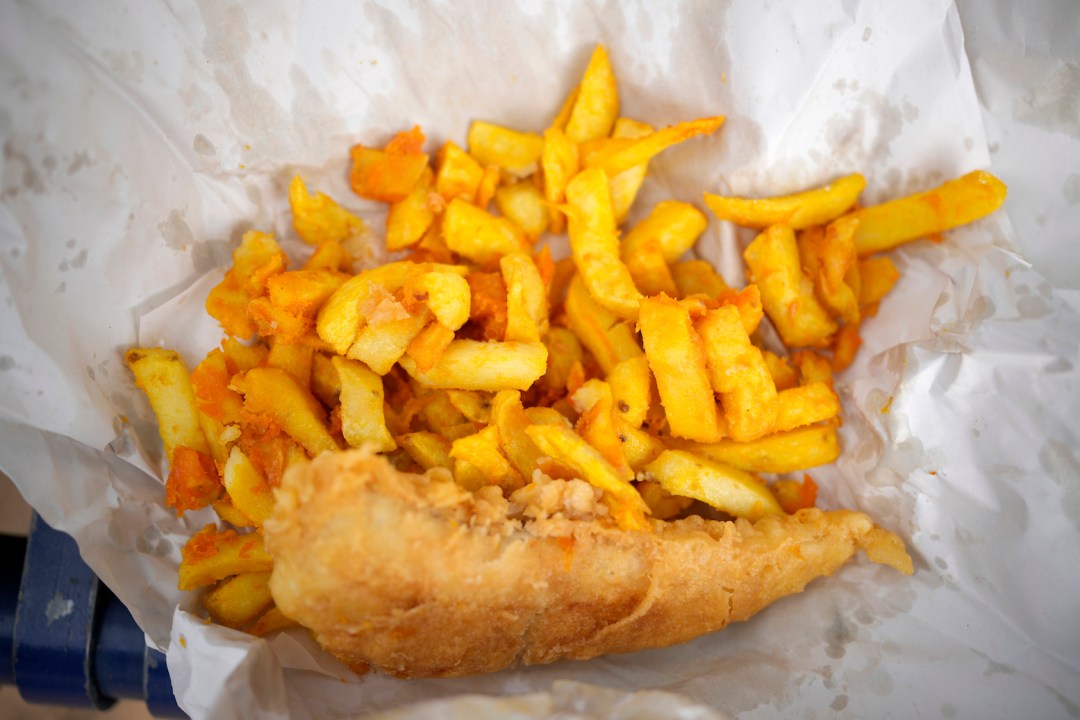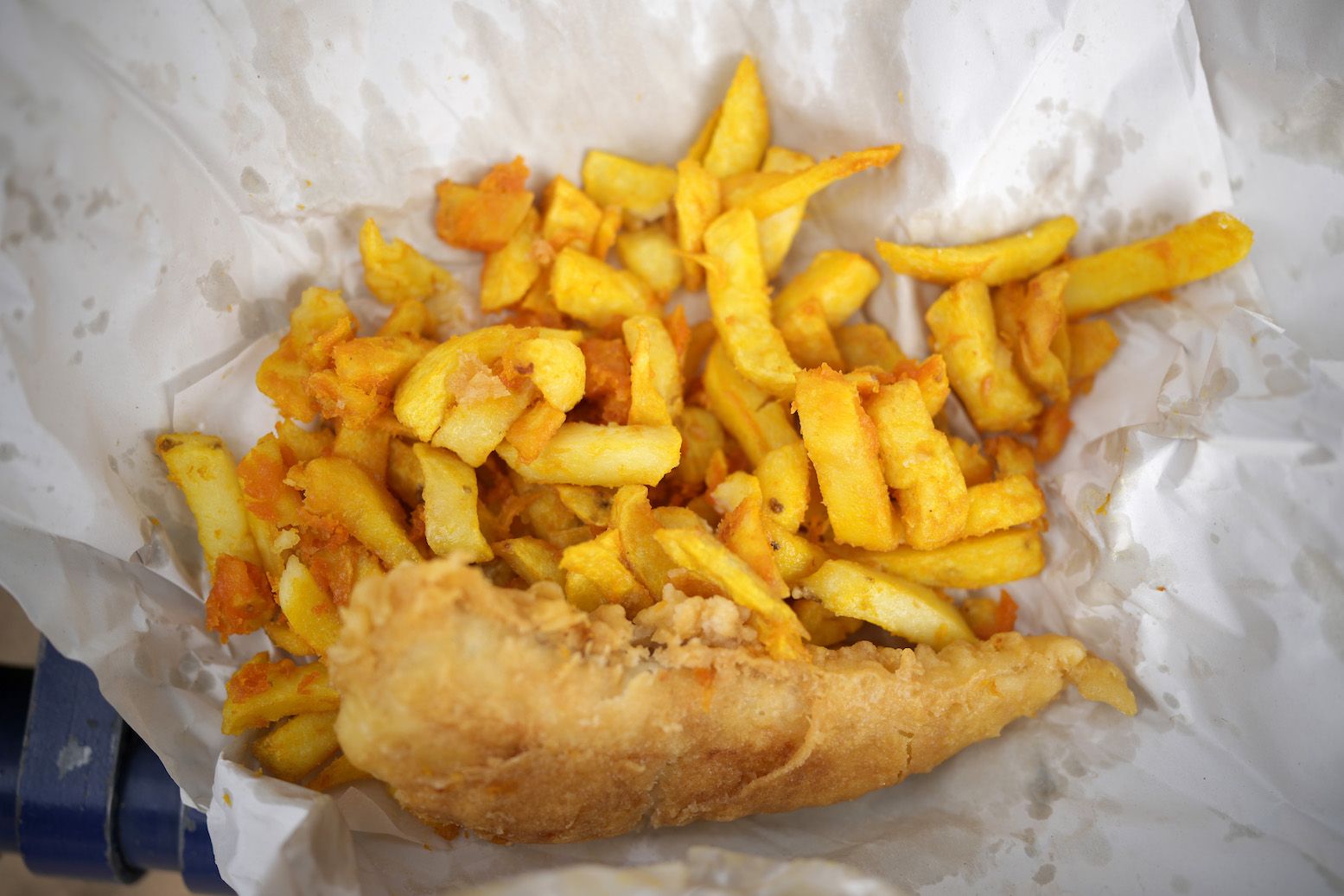When it comes to seafood, Britain is a curious place: surrounded by water, in which you can find some of the best fish and shellfish money can buy, and yet so often we are averse to eating it.
There have been numerous campaigns promoting British fish led by just about every chef on television. Hugh Fearnley-Whittingstall is one. It seems almost every month that the River Cottage fellow is trumpeting the virtues of our fish stocks. Rick Stein is another; a little more successfully, from his empire in Cornwall.
When was the last time you spotted a John Dory in Tesco or a fresh megrim sole on ice in Sainsbury’s?
And yet by far the most popular fish eaten here is cod, the sustainability of which is under constant scrutiny; salmon, much of it farmed, much of it poor in quality; tuna, from a tin, and from far away; and prawns, often imported from Indonesia and the like.
By contrast, our own species are specialities, sometimes found on menus, but rarely seen in the supermarkets. When was the last time you spotted a John Dory in Tesco or a fresh megrim sole on ice in Sainsbury’s? Sure, fish is expensive, but its unpopularity preceded the soaring cost of food.
Today is National Fish and Chip Day, perhaps the best idea the National Edible Oil Distributors’ Association has ever had. Some might find these constant campaigns tiresome. What will every chippy visitor buy? Cod and haddock, most likely, with little desire for adventure. What of ling, pollock, whiting (season permitting)? These are ethically sourced and yet regularly ignored by consumers.
The restaurateur George Pell, who owns The Suffolk in Aldeburgh, says anxiety might be one reason for British disinclination.
There seems to be fear around fish, shellfish particularly. We as restaurateurs have a responsibility to showcase the best produce, and people who dine out often want to try whatever’s best and available.
But, for the most part, we’re not a fish eating nation. Not like Spain, Italy, and France. So much of our best catches are exported to them, and then we import things like prawns and tuna. There will always be trade and differing markets, but it would be good to see people buying a greater variety.
You don’t ever want to be preachy about it. Change is gradual. But sustainability is so crucial and it would be great to see a greater emphasis on fishing in Britain.
Convenience might be part of the problem. Fishmongers aren’t as abundant as they once were – although those that remain are usually tremendous – and fish found in supermarkets is hardly a prime example of what British fishermen catch. A floppy mackerel under shrink wrap does not compare to its fresher cousin from a counter in Lyme Regis or Whitby.
The Irish chef Anna Haugh, who runs Myrtle in London, says grocers should do more to appeal to shoppers while shoppers should try to be more demanding.
My dad is known as ‘hake’ because he’s always so discerning when he visits a fish counter, always quizzes the shop assistants and wants to know more and find the best catch. Fishmongers are always best, but you must be realistic too, and know that a lot of people have limited budgets and generally shop at supermarkets.
I think in this country, and in Ireland too, there isn’t a prevalent fish-eating culture – it’s down to a lack of education, really. We have so much sustainable fish, the best in the world, like langoustines from Cornwall, incredible scallops from Scotland, so much more, and people go for convenience meals and processed stuff.
I think there’s a bit of fear around cooking and eating things like mussels and megrim sole. They take a little knowledge but they’re not difficult either. Baking a hake is so easy, and anyone who’s a bit put off by a whole mackerel could buy it smoked, mix it with cream cheese, lemon, pepper, and you have an instant pate.
This National Fish and Chip Day, we need a dose of pragmatism. Beyond the classics, past the shiny, big-money hitters like Dover sole and halibut, is a wealth of British seafood waiting. How do we get Britain fired up for fish? Maybe it’s a case of cod’s law, but I do hope the tides turn eventually.







Comments